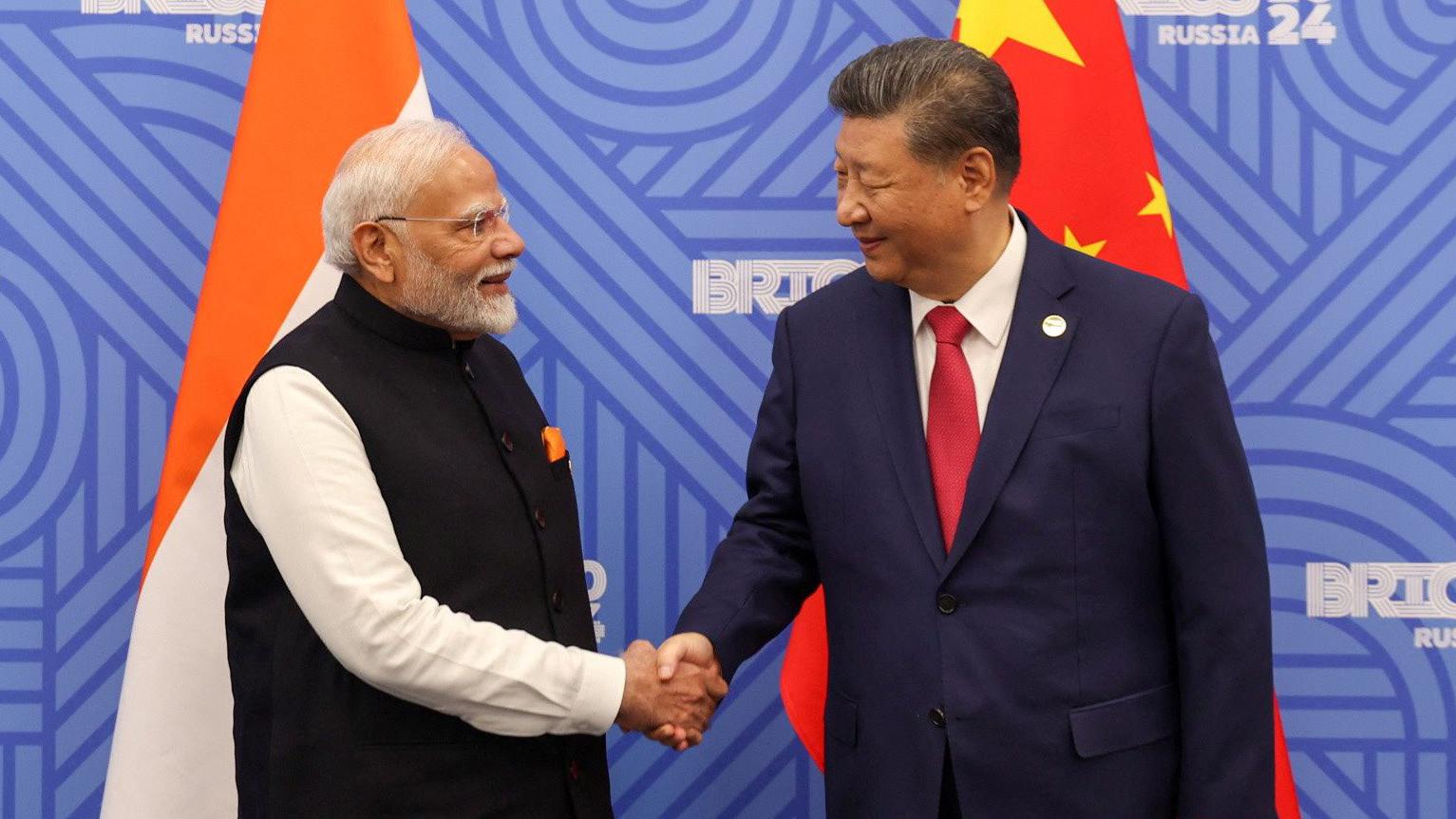Prime Minister Narendra Modi will travel to Tianjin, China, from August 31 to September 1 to attend the Shanghai Cooperation Organisation (SCO) summit, marking his first visit to the country since the 2020 Galwan clash. His last trip to China was in 2019, though he met President Xi Jinping on the sidelines of the BRICS Summit in Kazan in October 2024.
The visit comes at a sensitive geopolitical moment, with the US under President Donald Trump imposing steep tariffs on India and pressuring New Delhi over its oil imports from Russia. Analysts see the renewed engagement with China as part of India’s balancing strategy between global powers. The summit will also take place against the backdrop of Chinese support for Pakistan and the shadow cast by the April 22 Pahalgam terror attack, which killed 26 people.
In June, Defence Minister Rajnath Singh declined to sign a joint SCO statement that omitted reference to the Pahalgam attack but mentioned Balochistan, a move seen as aligning with Pakistan’s narrative. However, in July, China issued an unambiguous condemnation of the Pahalgam attack after the US designated The Resistance Front – a Lashkar-e-Taiba proxy – as a foreign terrorist organisation.
At the SCO summit, leaders from 10 member states are expected to focus on counterterrorism, regional security, and trade cooperation. There is also a possibility of bilateral meetings between PM Modi, Russian President Vladimir Putin, and Chinese President Xi Jinping on the sidelines.
Since their meeting in Kazan last year, India and China have taken steps to reduce border tensions, with measures such as the resumption of the Kailash-Mansarovar Yatra signalling improved engagement. Established in 2001, the SCO aims to strengthen regional stability and cooperation among its members, which include Belarus, China, India, Iran, Kazakhstan, Kyrgyzstan, Pakistan, Russia, Tajikistan, and Uzbekistan.












